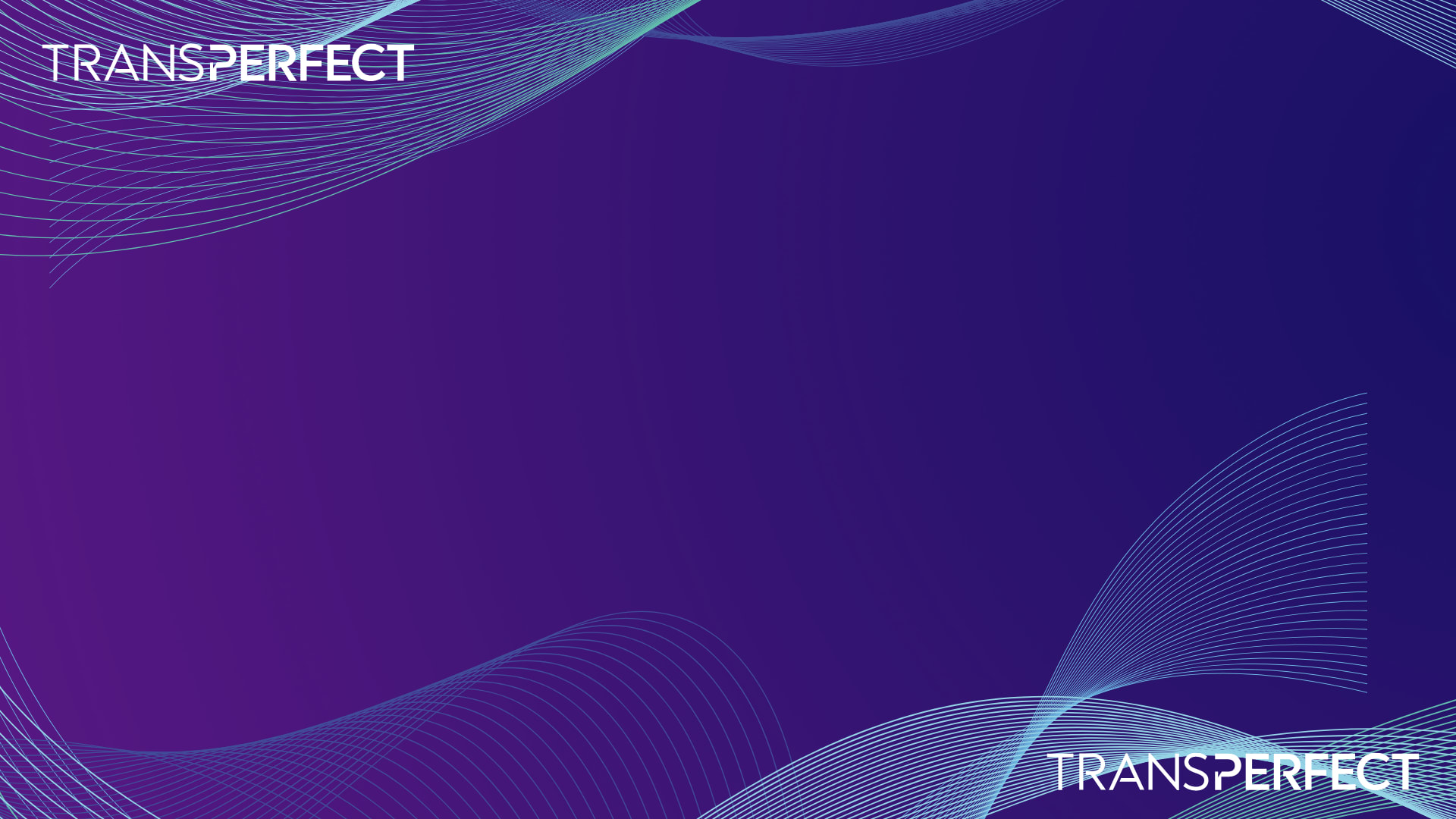
MLOps Engineer (ML, Speech, NLP & Multimodal Expertise) | Lisbon
- Hybrid
- Lisbon, Lisboa, Portugal
- Tech
Job description
We are looking to hire a MLOps Engineer with strong expertise in machine learning, speech and language processing, and multimodal systems. This role is essential to driving our product roadmap forward, particularly in deploying, testing, evaluating and monitoring our core machine learning systems and developing next-generation speech technologies.
The ideal candidate will be capable of working independently while effectively collaborating with cross-functional teams. In addition to deep technical knowledge, we are looking for someone who is curious, experimental, and communicative.
Key Responsibilities
Essential
Design and maintain CI/CD pipelines for automated model training, testing, and deployment.
Build container orchestration solutions (Docker, Kubernetes) for model serving at scale.
Implement deployment strategies (blue-green, canary, A/B testing) for safe model rollouts.
Develop Infrastructure as Code (Terraform, CloudFormation) for reproducible ML environments.
Optimize model serving infrastructure for latency, throughput, and cost efficiency.
Manage model versioning, registry, and artifact storage systems.
Build real-time monitoring dashboards for model performance, latency, and resource utilization.
Implement automated alerting systems for model degradation and anomaly detection.
Design feature drift detection and data quality monitoring for production traffic.
Track business metrics and ROI analysis for model deployments.
Build specialized inference pipelines for speech-to-text and text-to-speech models.
Optimize speech model performance for real-time and batch processing scenarios.
Design evaluation frameworks specific to speech quality metrics (WER, latency, naturalness).
Handle multi-modal data pipelines combining audio, text, and metadata.
Create feedback loops to capture user interactions and model effectiveness.
Create automated retraining pipelines based on performance degradation signals.
Develop business metrics and ROI analysis for model deployments.
Implement experiment tracking systems (MLflow, Weights & Biases) for reproducibility.
Design hyperparameter optimization frameworks for efficient model tuning.
Conduct statistical analysis of training dynamics and convergence patterns.
Create automated model selection pipelines based on multiple evaluation criteria.
Develop cost-benefit analyses for different training configurations and architectures.
Additional Responsibilities
Implement automated evaluation pipelines that scale across multiple models and benchmarks.
Design comprehensive test suites with statistical significance testing for model comparisons.
Develop fairness metrics and bias detection systems for speech models across demographics.
Perform statistical analysis of training datasets to identify quality issues and coverage gaps.
Create interactive dashboards and visualization tools for model performance analysis.
Build A/B testing frameworks for comparing model versions in production.
Build and maintain ETL pipelines using SQL, Azure, GCP, and AWS technologies.
Design data ingestion systems for massive-scale speech and text corpora.
Implement data validation frameworks and automated quality checks.
Create sampling strategies for balanced and representative training datasets.
Develop data preprocessing and cleaning pipelines for audio and text.
Job requirements
Required Skills, Experience and Qualifications:
Programming & Software Engineering:
Python (Expert Level): Advanced proficiency in scientific computing stack (NumPy, Pandas, SciPy, Scikit-learn).
Version Control: Git workflows, collaborative development, and code review processes.
Software Engineering Practices: Testing frameworks, CI/CD pipelines, and production-quality code development.
Machine Learning and Language Model Expertise:
Traditional Machine Learning and Deep Learning Knowledge: Proficiency in classical ML algorithms (Naive Bayes, SVM, Random Forest, etc.) and Deep Learning architectures.
Understanding of Transformer Architecture: Attention mechanisms, positional encoding, and scaling laws.
Training Pipeline Knowledge: Data preprocessing for large corpora, tokenization strategies, and distributed training concepts.
Evaluation Frameworks: Experience with standard NLP benchmarks (GLUE, SuperGLUE, etc.) and custom evaluation design.
Fine-tuning Techniques: Understanding of PEFT methods, instruction tuning, and alignment techniques.
Model Deployment: Knowledge of model optimization, quantization, and serving infrastructure for large models.
Additional Skills, Experience and Qualifications:
Machine Learning & Deep Learning:
Framework Proficiency: Scikit-learn, XGBoost, PyTorch (preferred) or TensorFlow for model implementation and experimentation.
MLOps Expertise: Model versioning, experiment tracking, model monitoring (MLflow, Weights & Biases), data monitoring, observability and validation (Great Expectations, Prometheus, Grafana), and automated ML pipelines (GitHub CI/CD, Jenkins, CircleCI, GitLab etc.).
Statistical Modeling: Hypothesis testing, experimental design, causal inference, and Bayesian statistics.
Model Evaluation: Cross-validation strategies, bias-variance analysis, and performance metric design.
Feature Engineering: Advanced techniques for text, time-series, and multimodal data.
Data Engineering & Infrastructure:
Speech Processing Libraries: Librosa, Torchaudio, SpeechBrain, Kaldi, Espnet
Feature Stores and Data Versioning: Feast, Tecton, DVC
Big Data Technologies: Spark (PySpark), Hadoop ecosystem, and distributed computing frameworks (DDP, TP, FSDP).
Cloud Platforms: AWS (SageMaker, Bedrock, S3, EMR), GCP (Vertex AI, BigQuery), or Azure ML.
Database Systems: NoSQL databases (MongoDB, Elasticsearch), graph databases (Neo4j), and vector databases (Pinecone, Milvus, ChromaDB, FAISS etc.).
Data Pipeline Tools: Airflow, Prefect, or similar orchestration frameworks.
Containerization: Docker, Kubernetes for scalable model deployment
Model Serving Frameworks: TorchServe, TensorFlow Serving, Triton
Infrastructure as Code Tools: Terraform, CloudFormation
Collaboration & Adaptability:
Strong communication skills are a must
Self-reliant but knows when to ask for help
Comfortable working in an environment where conventional development practices may not always apply:
PBIs (Product Backlog Items) may not be highly detailed
Experimentation will be necessary
Ability to identify what’s important in completing a task or partial task and explain/justify their approach
Can effectively communicate ideas and strategies
Proactive and takes initiative rather than waiting for PBIs to be assigned when circumstances call for it
Strong interest in AI and its possibilities, a genuine passion for certain areas can provide that extra spark
Curious and open to experimenting with technologies or languages outside their comfort zone
Mindset & Work Approach:
Takes ownership when things don’t go as planned
Capable of working from high-level explanations and general guidance on implementations and final outcomes
Continuous, clear communication is crucial, detailed step-by-step instructions won’t always be available
Self-starter, self-motivated, and proactive in problem-solving
Enjoys exploring and testing different approaches, even in unfamiliar programming languages
- Lisbon, Lisboa, Portugal
or
All done!
Your application has been successfully submitted!
